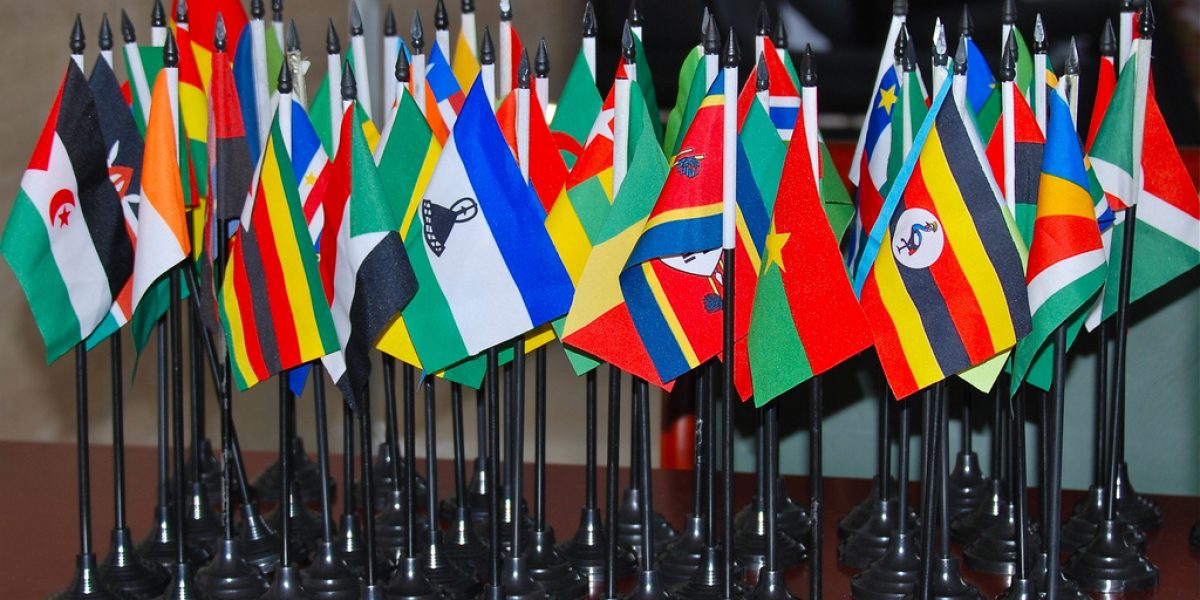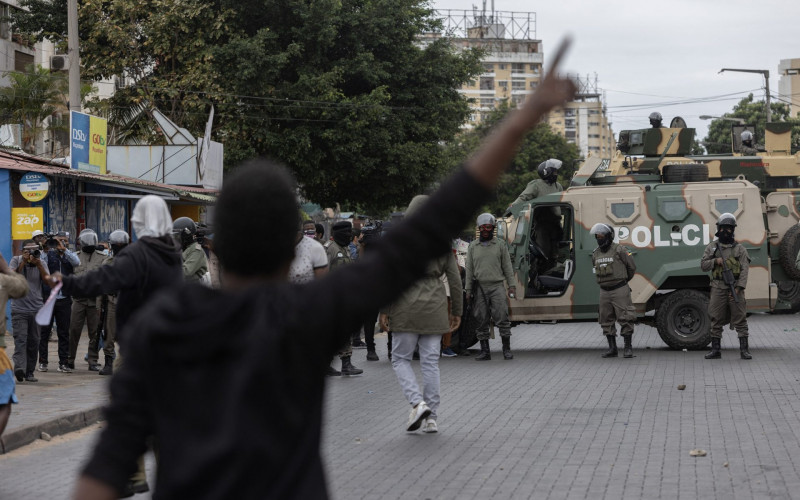TO DATE, 23 African states have submitted to the voluntary African Peer Review Mechanism, a component of Nepad, committing their countries’ policies and practices to intense examination. Countries undergoing the process first assess their own records in political, economic and corporate governance. Then the peer review secretariat conducts a thorough external review.
Governance depends upon – and in turn generates – information. But evidence from the first review underway in Ghana suggests that finding and receiving relevant information is tortuous and vulnerable to official manipulation. Nepad and the African Union – institutions central to Africa’s attempt to reinvent itself – stress transparency, but often ignore one of the most important elements of openness: access to information.
‘How can you really conclude anything about a country in peer review unless you have had access to all the available evidence?’ asks Rolf Sorensen, researcher at the South African History Archive in Johannesburg.
Increasingly, the emphasis placed on good governance by Nepad and international donors is throwing a spotlight on something that has traditionally been regarded as a concern primarily for journalists and conspiracy theorists: freedom of information. As Sorenson and others argue, access to information is critical to the entire web of rights and freedoms that constitute open democracy, underpinning every-thing from public budgeting and transparent spending procedures to human rights and equitable justice. ‘Public access to information is the life-blood of any meaningful democratic participation,’ writes the South African analyst Dale McKinley in a report entitled ‘The State of Access to Information in South Africa’. ‘Without the right of access, the affirmation, and more concretely the realisation, of all other rights is fundamentally compromised.’
Across the globe, the right-to-know movement is snowballing. The Open Society’s Justice Initiative says that 57 countries worldwide now have legislation that creates mechanisms for people to ask for and receive government-held information. Forty-three countries have passed these laws since 1992, chiefly in Eastern Europe and the developing world.
Most post-1990 African constitutions contain the principle of freedom of information. South Africa’s Promotion of Access to Information Act, operative since March 2001, is one of the most advanced in the world: It is constitutionally based and applies equally to information held by the public and private sector. Angola passed an almost identical law to Portugal’s in 2002, but it has not been implemented. Draft bills exist in several others, including Nigeria, Ghana and Ethiopia.
Most African governments remain inherently clandestine even as they publicly embrace freedom of access to information. In perhaps the most draconian case of contradiction, Zimbabwe’s Access to Information and Privacy Act, adopted in February 2002, gives government sweeping powers to crack down on the media and curtail ‘abuse of free expression.’ A climate of fear prevents people from making routine requests. Namibia, meanwhile, has paid lip service to freedom of information legislation for seven years, but without strong demand from local civil society, the initiative has languished in the prime minister’s office.
Several factors frustrate access to information. Many developing countries have poor record-keeping practices. Bureaucrats ignorant of the law frequently deny routine information. Litigation is time consuming and expensive. Many government departments ignore directives to catalogue the records they hold, and few countries have adequate safeguards against destruction of records.
Some momentum for freedom of information legislation is donor-driven. ‘Freedom of information laws are part of the current agenda of good governance and economic development,’ says South African law professor Jonathan Klaaren. ‘Such laws combat corruption and entrench transparency.’
The right to know is fundamentally about whether governments believe in democracy, which means empowering and trusting their citizens and being held accountable to the governed.
The peer review process provides an opportunity for civil society groups in Africa to ensure that their governments take access to information far more seriously.
‘Good legislation is not enough,’ Sorensen argues. ‘You need the cultural atmosphere that supports it as well.’







